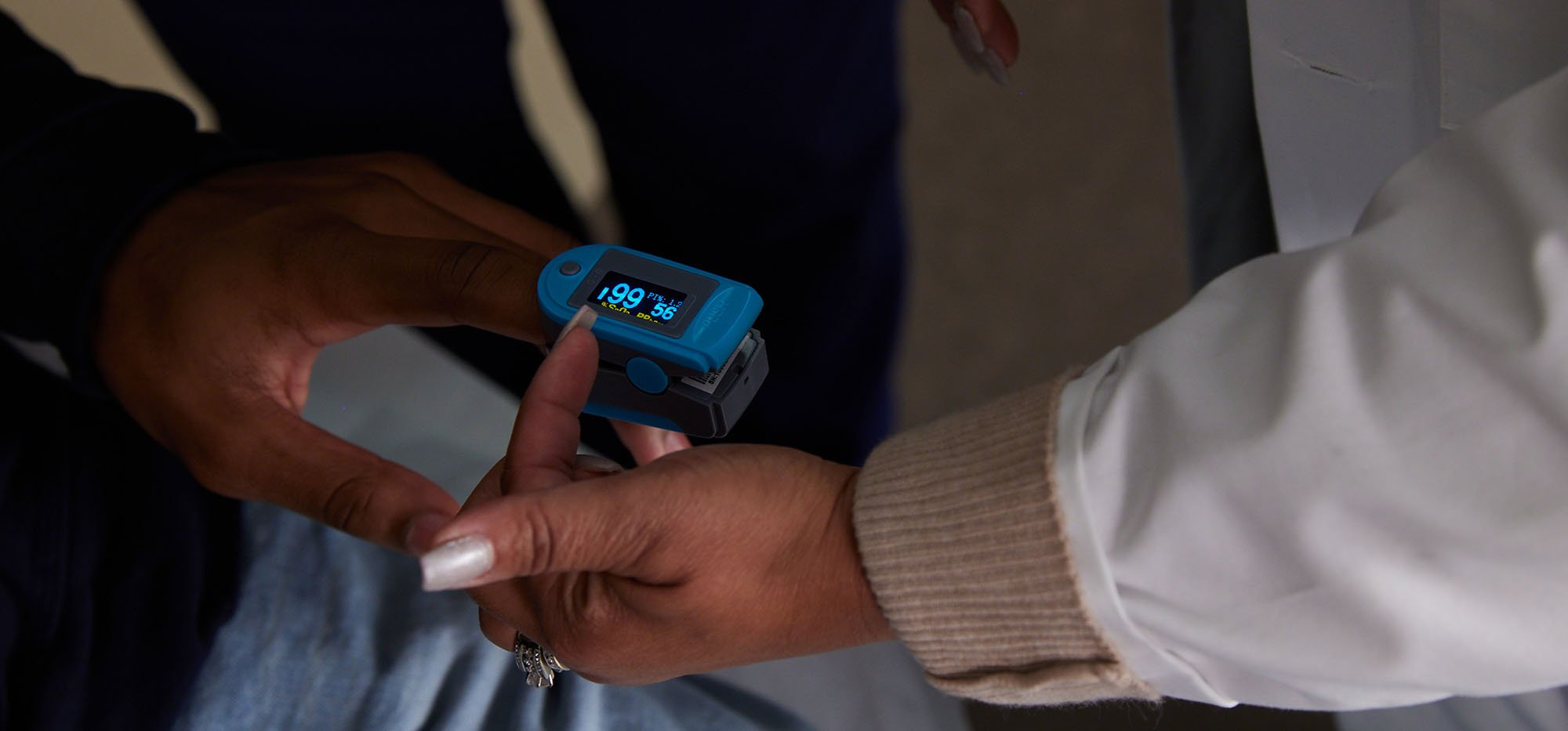About the Nursing Department
Vision
The Department of Nursing is committed to being a recognized leader in innovative nursing education, scholarship, evidence-based practice, and an active force in the health of the communities it serves.
Mission
Our mission is to promote excellence in healthcare through quality and innovative education to meet the needs of all in both the local and global population.
The philosophy of the Department of Nursing at Rowan VHC emanates from nursing's founder, Florence Nightingale. The department's belief is that the interaction of person, environment, nurse and health are integral to maintaining and assisting individuals in achieving improved health status. The Nursing Department believes that nursing practice encompasses four domains that are evidence-based: clinical practice; leadership/executive practice; education practice; and research practice. In addition, the Nursing Department believes in excellent leadership that will advance nursing as well as shape policy in health care delivery systems. Finally, the Nursing Department further believes that innovation is integral to the improvement of nursing practice. The nursing faculty is committed to academic rigor, service, lifelong learning and continuous improvement.
- Applying the best possible evidence from nursing and other sciences as a foundation for practice.
- Conduct a comprehensive and systematic assessment as a foundation for decision making.
- Incorporate ethical principles in identifying potential and ethical issues arising from practice.
- Employ knowledge and skills in economics, business principles, and systems in the design, delivery, and evaluation of care.
- Apply theories and evidence-based knowledge in leading the healthcare team to design, coordinate, and evaluate the delivery of care.
Pillar - Access
Deliver programs that meet the American Association of Colleges of Nursing- The Essentials: Core Competencies for Professional Nursing Education (2021) as of January 1, 2025 and A Report of the
National Task Force on Quality Nurse Practitioner Education Standards for Quality Nurse Practitioner
Education (2022).
Pillar - Affordability
Deliver programs through innovative pathways developed with our community partners.
Pillar - Quality
Perform curricular quality improvement based upon continual curricular assessment, student graduation survey, employer surveys, and community healthcare stakeholder meetings.
Pillar - Economic Engine
Assess quality of teaching and learning through course evaluations and peer teaching evaluations as
well as obtain feedback from our communities of interest to best fit their needs.
Graduate Program Goals
Program Goals of all graduate concentrations (MSN and CAGS) have adopted the American Association of Colleges of Nursing - The Essentials: Core Competencies for Professional Nursing Education (2021) at the advanced level- Level II. The following are the domains of competencies:
- Domain 1: Knowledge of Nursing Practice
- Domain 2: Person-Centered Care
- Domain 3: Population Health
- Domain 4: Scholarship for Nursing Discipline
- Domain 5: Quality and Safety
- Domain 6: Interprofessional Partnerships
- Domain 7: Systems Based Practice
- Domain 8: Informatics and Health Care Technologies
- Domain 9: Professionalism
- Domain 10: Personal, Professional, and Leadership Development
Undergraduate Program Goals
The BSN Program Goals have also adopted the American Association of the Colleges of Nursing - The
Essentials: Core Competencies for Professional Nursing Education (2022) at the entry level-Level I. The following are the Domains of competencies:
- Domain 1: Knowledge of Nursing Practice
- Domain 2: Person-Centered Care
- Domain 3: Population Health
- Domain 4: Scholarship for Nursing Discipline
- Domain 5: Quality and Safety
- Domain 6: Interprofessional Partnerships
- Domain 7: Systems Based Practice
- Domain 8: Informatics and Health Care Technologies
- Domain 9: Professionalism
- Domain 10: Personal, Professional, and Leadership Development
